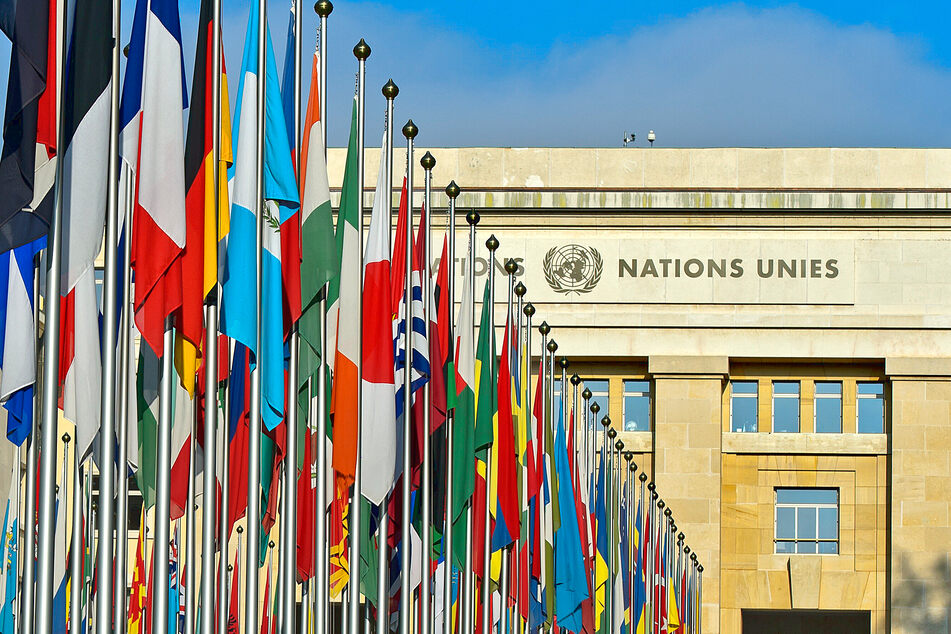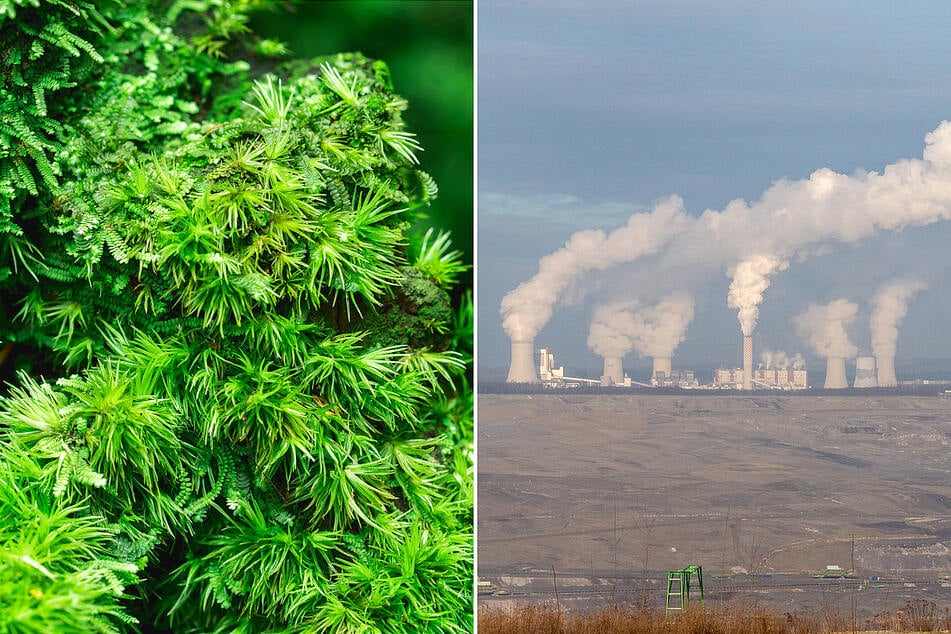UN can't agree on a biodiversity pact to stop mass extinction
Geneva, Switzerland - Delegates working on a UN framework to safeguard biodiversity have failed to reach agreement on a draft text.

The secretariat of the United Nations Convention on Biological Diversity (CBD) announced Tuesday that two weeks of deliberations involving more than 200 countries had ended.
Delegates were meeting in Geneva ahead of an international conference in Kunming, China, where it is expected the agreement will be adopted.
They could not agree on the milestones that should be used to measure progress in protecting biodiversity. The convention's secretariat said more negotiations are needed on the necessity and timing of these stages.
The pact aims to stop the extinction of species, the destruction of nature, and the loss of habitats for flora and fauna worldwide.
The goal is to protect 30% of all sea and land areas by 2030. Currently, only around 8% of the seas and 17% of the soil are protected.
A lot of money is needed to implement these goals, but just how much is required is still under discussion.
Richer countries asked to pick up the tab

African states got the delegates' attention on Tuesday by demanding that rich countries increase their aid payments to $700 billion by 2030 in order to support poorer countries in their conservation efforts.
This is significantly more than was previously provided for in the draft text, which states that global funding for biodiversity should be increased from the current $160 billion to at least $200 billion per year.
In addition, environmentally harmful state subsidies are to be cut by an annual $500 billion.
Environmental organizations meanwhile called for more political commitment from countries to bring the framework agreement to a conclusion.
"It is clearly noticeable that the topic of biodiversity is not given the priority in governments that it needs given the urgency of this crisis. That's fatal, because it's about our livelihoods," said Florian Titze from WWF Germany.
Thilo Maack from Greenpeace added, "The most important questions remain unanswered: where does the necessary money come from, and how should the protection of 30% of the land surface and the oceans be implemented?"
"There is a lot of work for parties yet to do," CBD Executive Secretary Elizabeth Maruma Mrema said.
To finalize the text for the conference in August, further talks are to take place in Nairobi at the end of June. The Chinese meeting was postponed due to the Covid-19 pandemic and is two years behind schedule.
Cover photo: IMAGO / agefotostock